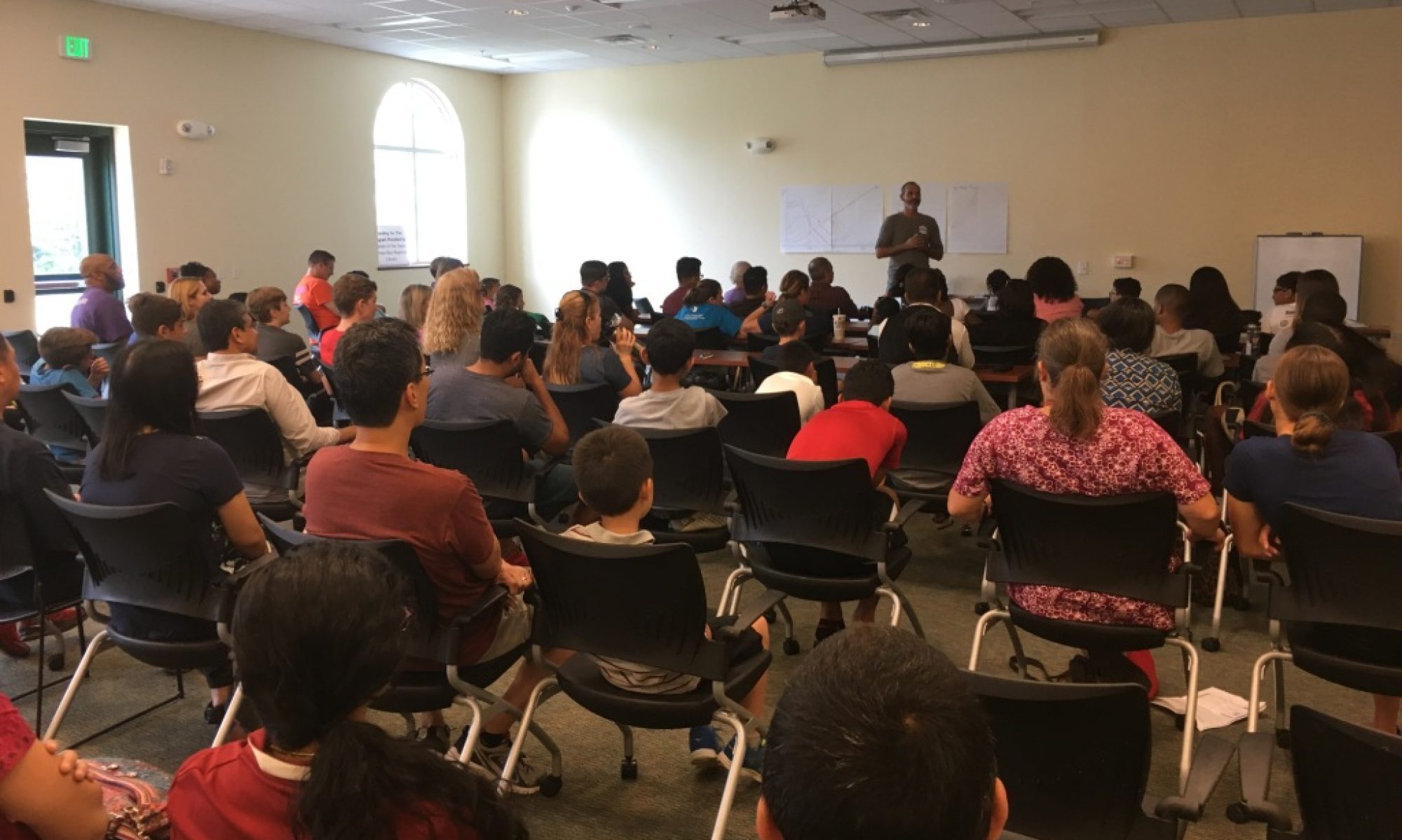May 12, 2016
At a recent conference I had the opportunity to ask Dave McClure a two-part question: (a) How young is too young for an entrepreneur, and what’s the youngest age at which he has funded a startup founder, and (b) as Peter Thiel encouraged founders to drop out of college and launch a startup, is it possible that as entrepreneurship starts attracting kid entrants a kid-entrepreneur may want to drop out of elementary-school or middle-school?

Fad or Fab
Is it a fad that is seeping into our culture manifesting as children on stage doing MBA-speak, or is it fabulous and worthy of celebration? Is youth entrepreneurship the new flavor of the month? Is coding by kids so yesterday? Or is youth entrepreneurship so yesterday, as even younger children start talking the entrepreneurship talk? As another summer rolls in, are entrepreneurship boot-camps for children in season? After all, it is a natural corollary of summer camp for theater and the arts. When startup founders in the real world and on reality TV shows are judged by their theatrics, the world of startup pitches has started blending with the world of theater. This is now evident in startup pitches by kids, of kids, and for kids. Pitches by children so well-scripted with clever one-liners, so well-rehearsed and so entertaining that Youth Shakespeare Festivals in summer may soon be a thing of the past!
Here’s the problem with such an over-emphasis on the pitch.
- We are not allowing our children to learn problem-solving.
- We are not teaching our children that building a business is a lot more than preparing to perform on stage to entertain elders in the audience.
- We are not teaching them that use of business jargon is unnecessary.
- We are not letting them figure out grit.
- We are not teaching them about putting substance alongside style.
- We are not letting them to be themselves. To be kids.
Let Their Work Speak
This reminds me of a grocery store in Mumbai. It was a hot summer day. The cashier at the grocery store was a little kid. The store owner’s son. He was perched on a wooden stool behind the counter, his bare feet dangling, his one hand dipped in coins in the cashier’s drawer and the other ready to grab the phone. His father was busy taking orders from customers in the store, wrapping up grocery items for them, who would then line up in front of the kid at the cash register. The father would shout out the price of each item to the boy. And he would add them up mentally, collect cash, and calculate the change mentally before returning them to the customers. He was learning a good work ethic, arithmetic, mental calculations, and good customer-service. Every adult who walked out of the store was impressed by the quiet confidence the boy exuded. The little boy’s work was his pitch.

Seen above, kids and their families step forward to play with Leia, Inc.’s holographic web navigation prototypes at an AlligatorZone session in Mountain View, California.
No stress.
At AlligatorZone, where kids meet cool startups we like to eliminate any pressure on the kids. It is a time for them to immerse themselves in a product show-and-tell by startup founders. There are no pitches, there is no contest, just observing a product in action and satisfying their innate curiosity through a free-wheeling conversation with the founders, and an opportunity for a community to share perspectives that might help a startup founder avoid mishaps in her or his entrepreneurial journey. We want to take AlligatorZone to as many libraries as possible because we now have a proven template that allows for kids and youth to be coached to run sessions locally, while we curate the content and give coaching to the startup founders as needed on how best to present to kids and youth. Librarians tell us that this program gives underprivileged kids and youth a chance to dream and be inspired by a local founder, knowing they too could pull it off. And because it is a shared experience for the parents and kids, we are told that AlligatorZone gives families something to talk about at home with their teens and kids. AlligatorZone makes for an uplifting community gathering each time it is held in a public library.

Seen in the picture above is Harsha Prahlad, CEO and founder of GrabIt, Inc., demonstrating a wall-climbing robot that uses electroadhesion technology at an AlligatorZone session in Santa Clara, CA.
No contest. No trophies.
We often receive suggestions from business consultants and coaches about what could be next for AlligatorZone, and the one thing we often hear is to have a contest, have kids pitch their ideas, and give away trophies for the kids. We have deliberately stayed away from contests for kids. At AlligatorZone, we want the children and the youth to focus on learning by listening, observing, having fun voicing opinions, and having conversations with startup founders, having silly conversations with other kids and having interesting career conversations with their families when the opportunity presents itself at home.
In the race for entrepreneurial success, we may like to see children conquering the world, but let it not be at the cost of a carefree childhood. It is up to the grown-ups to shield the children from the glare of the real world.
We always encourage entrepreneurs to look at the world through the eyes of a child. What if the child has lost out on its childhood, playing the role of an entrepreneur that the world expects?
At AlligatorZone we want kids to first be themselves. To be kids. Curious kids. Silly kids. Playful kids.
AlligatorZone is a social-impact program designed by SiliconGlades, the design and innovation firm with a social conscience in its work. Learn more about this uplifting program at AlligatorZone.org.

